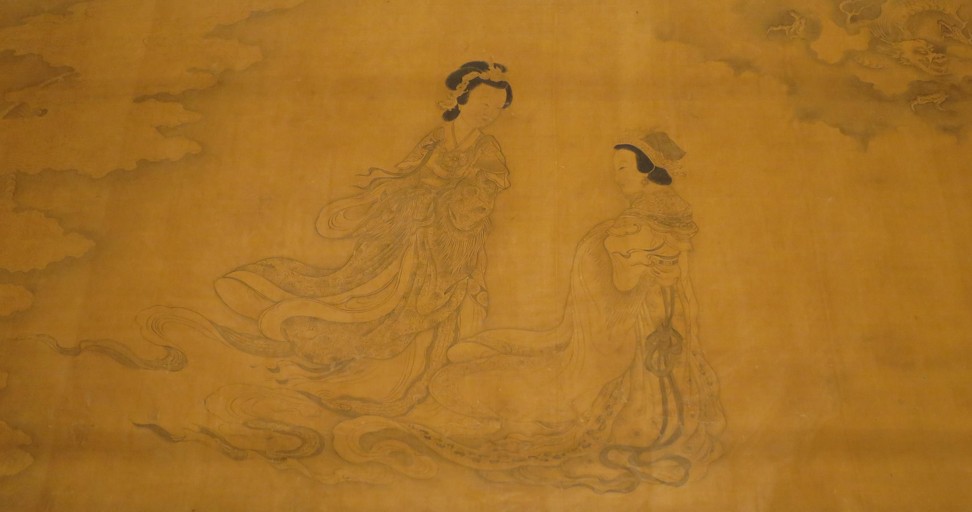
As Xi calls Trump his ‘friend’, can poetry top politics in the US-China trade war?
The Chinese president recently referenced an ancient love poem when discussing the relationship between his country and the United States. Are the two heads of state preparing to kiss and make up?

Even as the world grow anxious about, and some of us confused by, the increasing hostilities between China and the United States, Chinese President Xi Jinping referred to his US counterpart Donald Trump as a “friend” in a speech delivered this month in Russia. He even described the relationship between China and the US in what could be construed as romantic language, where “I am in you, and you are in me”.
Xi was, of course, referring to things economic. Raw materials and goods move between the two giant nations in ways so complex that a tweak to one of these threads would set off a chain reaction that affects not only both countries but the rest of the world.
The Chinese president’s anthropomorphism of trade relations between both countries as two individuals being inextricably bound together through that deeply intimate phrase “I am in you, and you are in me”, is a throwback to a famous verse composed during a crucial moment of a marital crisis some 700 hundred years ago.
The great calligrapher Zhao Mengfu (1254-1322), whose works are still used as copybooks for students of Chinese calligraphy, wished to take a concubine or two in his middle years. Too embarrassed to directly broach the subject with his wife, Guan Daosheng, Zhao wrote her a poem instead. The work spoke of famous men of letters in the past who had taken concubines, and proposed:
It isn’t too much that I marry wenches of Wu and Yue. / You, who are past your fortieth year, / Shall be ensconced as mistress of the house.

Rare for the time, Guan was a highly educated woman who was well-versed in the literary arts and an accomplished artist herself. We are not told exactly what Guan’s reaction was when she received her husband’s request. What we do know is that she responded to her husband’s poem with one of her own, which came to be known as the Me and You Verse:
You and me, me and you; / We are so much in love / That our love is hot like fire. / Take a clod of clay, and / Mould a figure of you / And sculpt a figure of me / Smash us both together, / And mix us up with water. / Then mould another you / And sculpt another me. / Now you are in me / And I am in you. / In life, we share the same bed; / In death, the same casket.
What was remarkable about Guan’s poem was the intensity of emotions it expresses, amplified by the free form of the verse and its colloquial language, which continues to move readers . It is surprising, shocking even, that a decorous, middle-aged gentlewoman could have so much passion in her, and that she should get her hands dirty, in literary terms, with moulding clods of clay, breaking figurines, and mixing the remnants with water. Touched by his wife’s love, and feeling perhaps a little ashamed of himself, Zhao Mengfu called off his plans to marry the famously beautiful and gentle “wenches of Wu and Yue”, regions in and around the Yangtze River Delta.
Guan’s impassioned reminder to her husband of their love for each other was echoed in Xi’s friendly overture to Trump. Whether it will mitigate hostilities between the two countries remains to be seen, but the rest of us would be very much relieved if they could just kiss and make up.